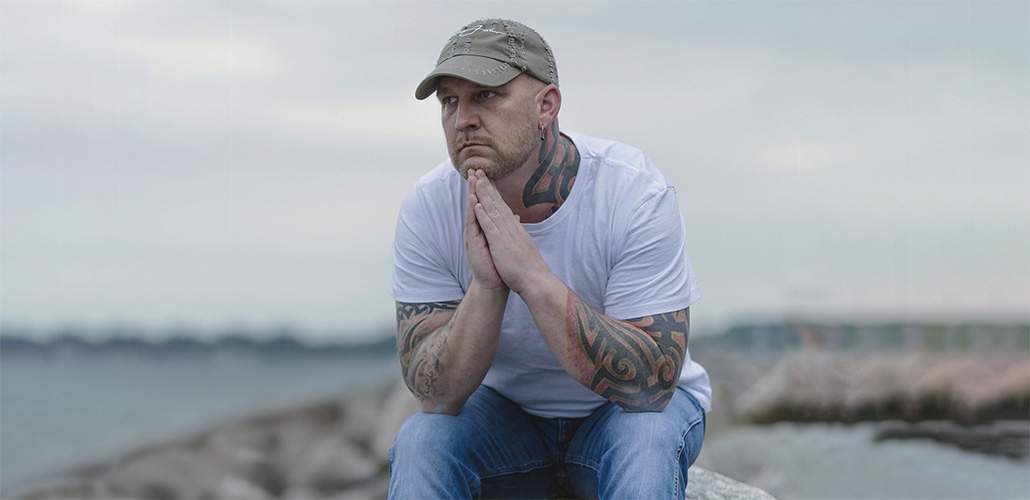
How To Know If A Relationship Is Worth Saving
Knowing when to end a relationship can be complicated. Here are some key factors to consider when deciding if a relationship is worth saving.

Knowing when to end a relationship can be complicated. Here are some key factors to consider when deciding if a relationship is worth saving.
“When both partners are noticing issues and are willing to engage in conversation, you have a solid foundation to move forward."
While a healthy romantic relationship can support good mental health, the stress caused by friction or issues within a relationship can really be a draw on our mood and well-being.
Every relationship has rough patches, but if it’s causing too much stress too often, it may be time to reflect on whether the relationship is worth fighting for.
Ending a relationship is a big decision, and it can be hard to figure out if we’d be better off with or without our partner, particularly when others are invested in the outcome of our relationship (shared friends or especially children).
This article provides a brief overview of some of the signs that your relationship has potential for being a positive aspect of your life and other signs that you may be better off no longer being in your current relationship.
When both partners are noticing issues and are willing to engage in conversation, you have a solid foundation to move forward. Below are a few signs that you might want to consider for staying together.
You can be vulnerable with your partner
You both work on the things you say you will
You can be yourself in the relationship
There are things you know you can do to improve
You still care about your partner, even if the ‘spark’ has lessened
Despite ups and downs in the relationship, you still feel loved
If these signs resonate with you, increased effort and commitment from both partners might allow you to keep your relationship as a meaningful and fulfilling part of your life.
If you both want to work on things and are willing to make changes, but are having a hard time understanding each other, connecting with a couples therapist can really help.
Couples therapists can offer professional, unbiased advice, guidance, and direction, and act as a mediator. Some guys worry that the therapist may take sides or judge, but they are trained not to do so.
The prospect of breaking up with someone can raise a lot of concerns and negative thoughts. It’s common to worry about being happy while single or not finding someone else in the future, but being single can be a lot better than being stuck in an unhealthy relationship.
Below are a few signs it may be time to move on. While one issue alone isn’t necessarily a deal-breaker, the more concerns you identify with, the less likely it is that you will be able to restore a healthy relationship.
There is a lack of shared perspectives
You aren’t able to be your own person
You feel disrespected
You don’t fully trust your partner
No emotional connection and/or desire for physical intimacy
Lack of compromise
You feel abused (emotional, physical, sexual) or manipulated
Deciding whether or not you stay in a relationship is complicated. But the signs above can help guide you toward making the best decision for your own health and happiness.
Some guys find it helpful to write a list of pros and cons (you can use the signs above to get you thinking), or getting a second opinion by talking things through with a friend, or talking with a therapist.
Depending on what you decide is best, we have other tips and articles that can guide you through possible next steps.
Next Steps:
Too many men suffer in silence. Become a peer supporter for the men in your life.
In this four-part course (15–20 min each), you’ll learn what effective peer support looks like, how to show up for others, and how to stay grounded while doing so.